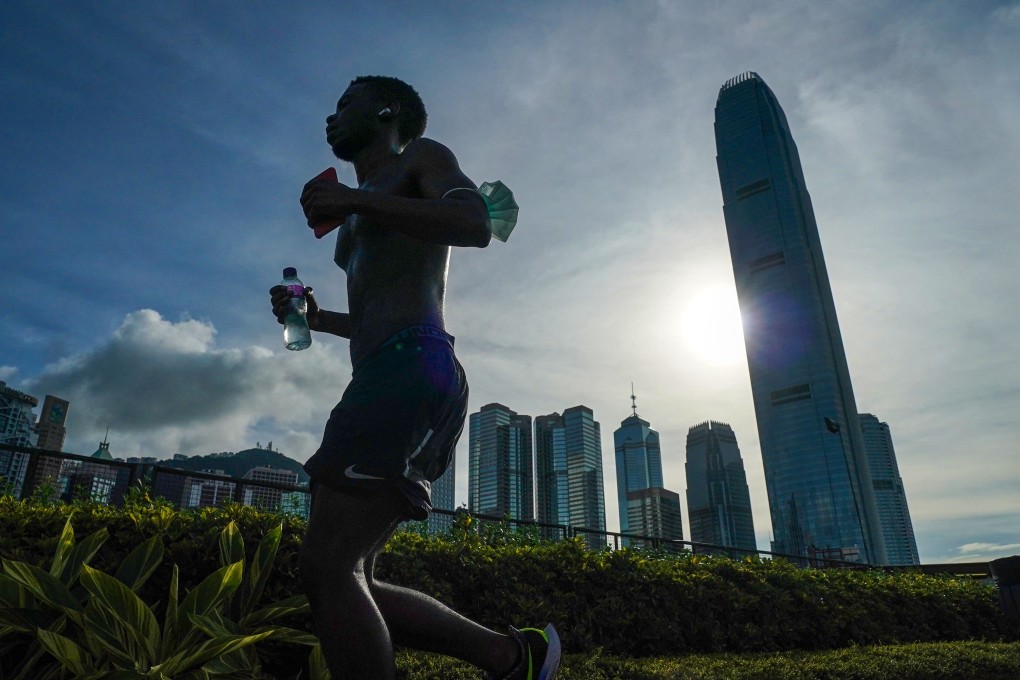Use of ‘green’ office leases to catch on in Hong Kong, as sustainability becomes increasingly important, Deloitte says
- Rising importance of ESG factors will lead to more green leases ‘in the near future’: Deloitte China’s real estate industry leader says
- The government could consider more policy support to encourage the adoption of green leases

Hong Kong office tenants and landlords are expected to catch up with the global trend of signing “green” leases amid the rising importance of sustainability in the real estate industry, despite a dearth of such deals so far in the city, according to professional services firm Deloitte.
A green lease is an agreement between a landlord and a tenant to improve the environmental performance of a property, for example, by cutting energy or water use and reducing waste.
“We believe the trend of green leases adoption will come to Hong Kong in the near future” with the rising importance of environmental, social and governance (ESG) factors in the real estate industry, Philip Law, Deloitte China’s real estate industry leader, told the Post.
Globally, some 34 per cent of occupiers already have green lease clauses, while a further 40 per cent plan to sign them by 2025, according to JLL’s global survey of 647 senior executives in its “Decarbonizing the Built Environment” report released in June last year.